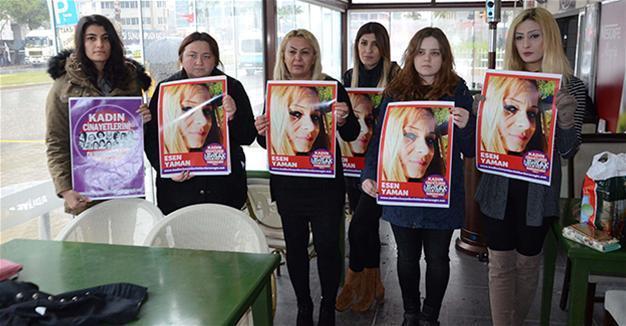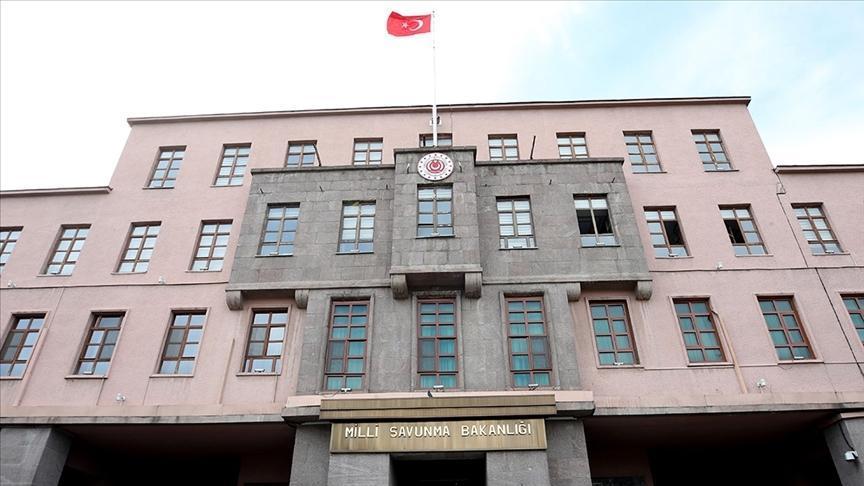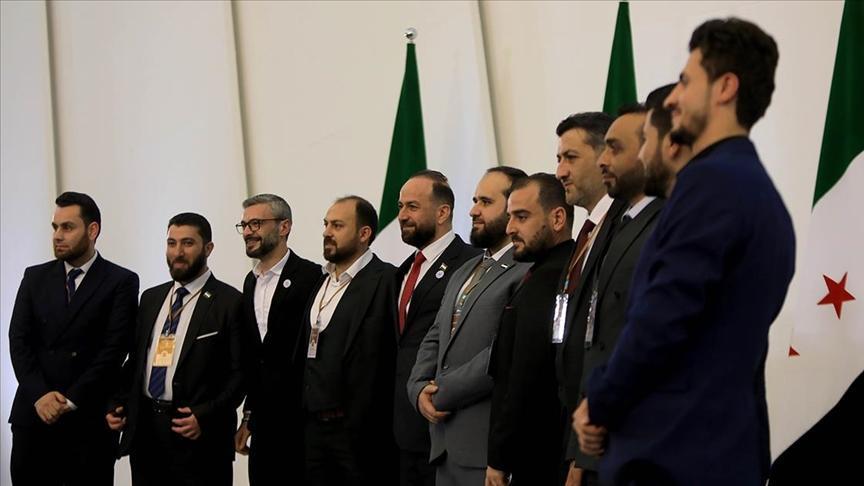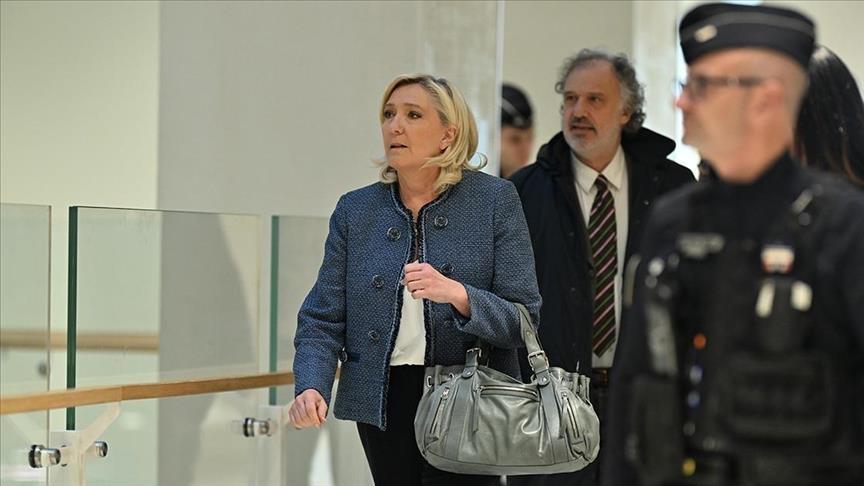The good feminist
Nazlan Ertan - nazlanertan@gmail.com

DHA photo
As Turkey inches its way toward a constitutional referendum, my İzmir circle of high school friends, university-educated, middle-class and mostly professional women in their 40s, have slowly but surely built themselves into a task force for the “no” campaign. The Whatsapp group of high school chums, always a hectic platform particularly around midnight, became busier. The latest statistics kept circulating about the divide between “yes” and “no,” as did scheduled meetings, messages to spread on social media and advice on how to persuade the aye-sayers, along with anecdotes on how persuasion efforts should proceed.Again this week, another of my social media groups has mobilized over a new sitcom that Turkey’s state-run TV station, TRT, wanted to launch. The teaser for the TV series, called “May they get old on a single pillow” (an old Turkish proverb that aims to celebrate marriage and wish it a long life), featured abusive men and unhappy women who were advised to be patient and endure everything to continue their marriage. Gülsün Kav, the chairwoman of the “We Will Stop Women Murders’ Platform,” said the show, if aired on public television, would be another signal to the general public that abuse and violence against women are OK and that women would have to bear any violence. My female friends also started posting against the series, particularly with the words “not with my taxes” or “we don’t want to age on the same pillow as violence.” A quick petition went around, saying TRT’s hasty removal of the teaser was not enough and that a public apology and the show’s cancellation was needed as well.
When I explained these to a foreign male journalist over the phone, he repeated the line that I had been hearing and rehearing since the Women’s March. “If only women united, the world would be a better place.”
The sentence, of course, has been repeated in many languages since the famous Women’s March and its spinoffs around the world. In this heyday of populist patriarchs with a spice of misogyny thrown in their speeches, women’s power appeals to hearts and minds – the White Queen instead of the White Knight for the romantics.
But is it just utopia or can women organize a real, sustainable opposition?
“We certainly have a better organizational capacity than most,” replies Itır Bağdadi, the director of İzmir University of Economics’ Gender and Women’s Studies Research and Application Center (EKOKAM).
Bağdadi, a political scientist, was invited by the Turkish Coalition of America during the presidential campaign and penned several columns on the anti-women rhetoric of Donald Trump.
Bağdadi, just back from a weekend meeting of the Turkish feminist NGO KADER, maintained that it was difficult to unite all women under the single identity of gender. “When you look at women, in the light of different issues, different ideological identities overtake their identity as women. This may be their social status, or their political orientation. In the case of women’s march, many women, from different walks of life and different geographies, came together. Liberal women, Muslim women, Jewish women, transgender, celebrities and ordinary people…and men who define themselves as feminists came together,” she said.
Bağdadi believes that women’s groups in Turkey mainly cooperate on two issues: violence against women and the sexual abuse of children. Ideological differences separate them on issues such as flexible working conditions, which are mostly welcomed by conservative women’s groups but viewed as a limit on women’s participation in the workforce by liberal women’s groups – unless the same conditions are applied to men, too.
“In Turkey, we definitely need new platforms to enable cooperation with a wider range of women’s groups,” she said, claiming that dialogue had to be based on listening and understanding different positions, rather than one side trying to “set the other side right.”
I end up asking her what can be done to persuade women – and men – that women’s participation can indeed make a difference on key issues, and she sums up in five points: “The advocate of feminism should know both the theory and the situation on the ground; s/he should understand and be able to attract the young generation; s/he should use social media well and be a good communicator, with a wide network – and last, but not the least, s/he should also know how to compromise and listen and be able to address the concerns of different women in an inclusive manner.”
Just a tiny reminder to those who are emailing and texting the same 100 people over and over with the same cheesy messages…
















